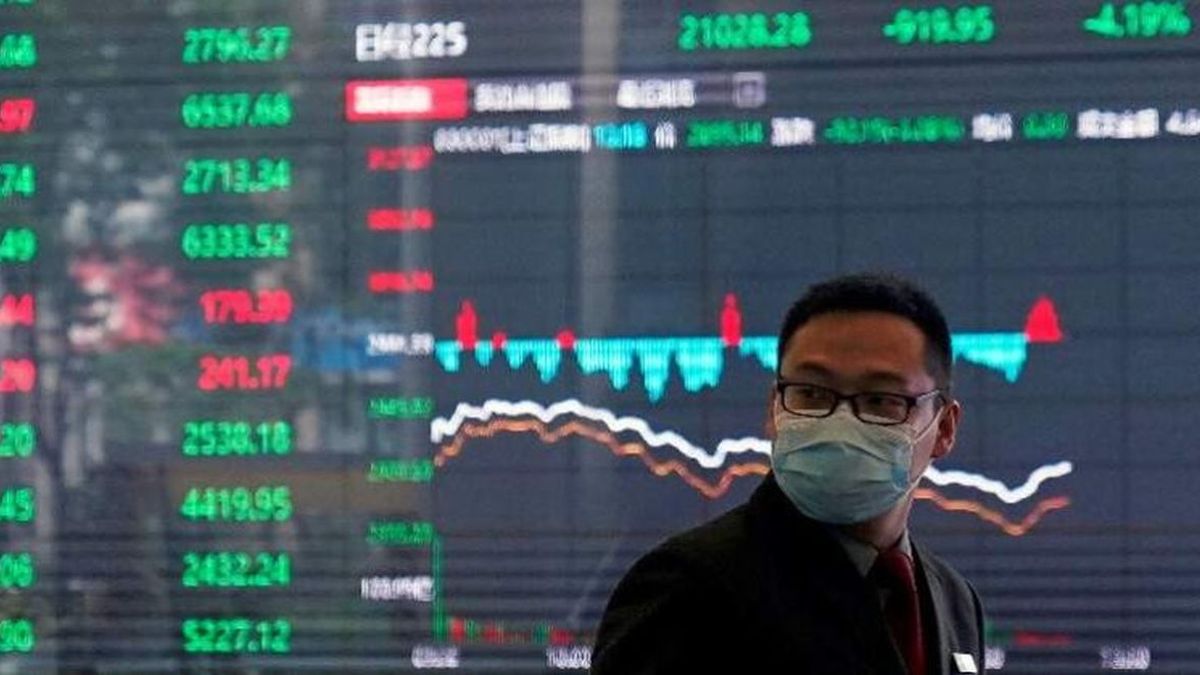In the same way, the monetary entity lowered the rate for five-year loans used for define mortgages– of 4.4% to 4.3%, the second time he has done so since May, and He asked local banks to speed up the delivery of credits to small and micro companies, and scientific and technological projects.
“We need to consolidate the foundations for economic recovery and development urgently,” the statement stressed.
In a scenario intensified by the restrictions arranged to curb the coronavirus, a heat wave that causes paralysis in its industry due to power cuts and the consequences of the war between Russia and Ukraine, the second largest economy in the world is going through a year where its growth it is well below the original estimate with a crisis of confidence and demand among consumers and companies.
both the bank Goldman Sachs What Nomura They reduced last week their growth forecasts for this year of the Chinese Gross Domestic Product (GDP) from 3.3% to 3% and 2.8%respectively, while, in June, the International Monetary Fund (IMF) lowered its forecast from 4.4% to 3.3%.
Thus, all estimates are far from 5.5% that Xi Jinping’s government set as a goal at the start of the year, and that officials admitted last month that it might not meet.
According to analysts, the drop in rates could be insufficient to rescue the real estate sector, an area that represents between 20% and 30% of the Chinese Gross Domestic Product (GDP) but which has entered a strong crisis since the pandemic.
The rate cut comes on top of a $29.3 billion special loan program targeting property developers and announced last Friday, the largest monetary assistance to the sector since the crisis began.
Being tied to the five-year rate, today’s cut “will obviously reduce the burden on borrowers,” said ING bank economist Iris Pang.
“The latest decisions are clearly more aggressive than the previous ones. The authorities know that the complications in the property sector carry a high macroeconomic risk”affirmed, for his part, the economist Zhang Zhiwei of Pinpoint Asset Management.
The “crack” of the real estate industry, illustrated by the crisis that the Evergrande firm went through last year, generates fear of its collateral effects on the economy.
Faced with protests by buyers that, in recent weeks, have crossed 100 cities and that have led to a boycott of mortgage payments, the Chinese government is seeking to speed up credit so that cash-strapped developers complete their unfinished projects.
Source: Ambito
David William is a talented author who has made a name for himself in the world of writing. He is a professional author who writes on a wide range of topics, from general interest to opinion news. David is currently working as a writer at 24 hours worlds where he brings his unique perspective and in-depth research to his articles, making them both informative and engaging.




